Tunisia
Tunisia’s parliament on Saturday approved a 32.7 billion dinar ($14.billion) budget for 2017.
The budget includes deficit cutting measures that had been watered down under pressure from unions.
122 legislators out of 217 voted through the government’s finance document.
Last week, the Tunisian parliament struck out two key revenue raising measures and the government also reversed slightly, plans to freeze public sector pay.
The move to levy new taxes and freeze public sector wages led to demonstrations in the country with the country’s powerful trade union UGTT calling for a general strike and lawyers downing their tools in protest.
The UGTT however called off the strike after reaching a compromise deal with the government on wages and the lawyers also halted their industrial action when parliament rejected taxes on legal cases presented to court.
Prime Minister Youssef Chahed told parliament after the vote on Saturday that the budget had been agreed on by “consensus” and that it included “several important fiscal decisions that will help public finances in 2017”.
Proposed taxes on pharmacists were also dropped after a threat to strike.
The budget however includes a 7.5 percent increase in company taxes, a freeze on public sector recruitment outside the security forces and discal rules to rescue tax evasion amongst liberal professions.
The budget meanwhile forecasts growth at 2.5 percent while narrowing the budget deficit slightly 5.4 percent.
The Tunisian government faces a major challenge to provide economic opportunities to young people frustrated by the high level of unemployment in the country.
The government recently held an investor conference where billions of dollars in pledges and loans were made for the country’s development.





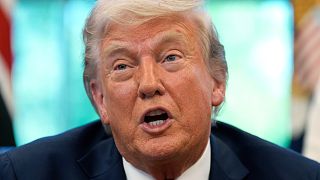
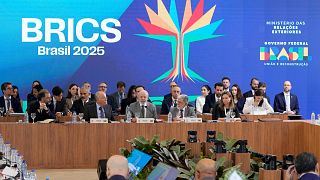
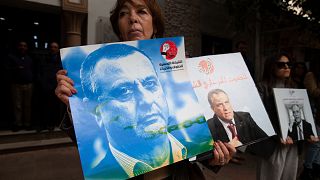



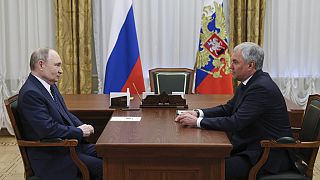
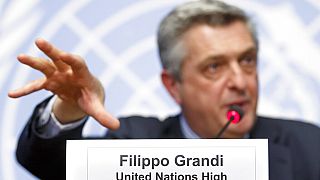
Go to video
Sub-Saharan Africa’s economy set to rebound, but Jobs still a major hurdle
01:36
Migration and refugee policies key to economic growth, Say UN and IMF experts
00:58
Senegal: MP Proposes High Treason Charges Against Former President Macky Sall
Go to video
Foreigners face gold trading ban in Ghana beginning May 1
Go to video
Relative relief in Africa after tariff pause
01:02
First payments made to white farmers affected by land reforms in Zimbabwe